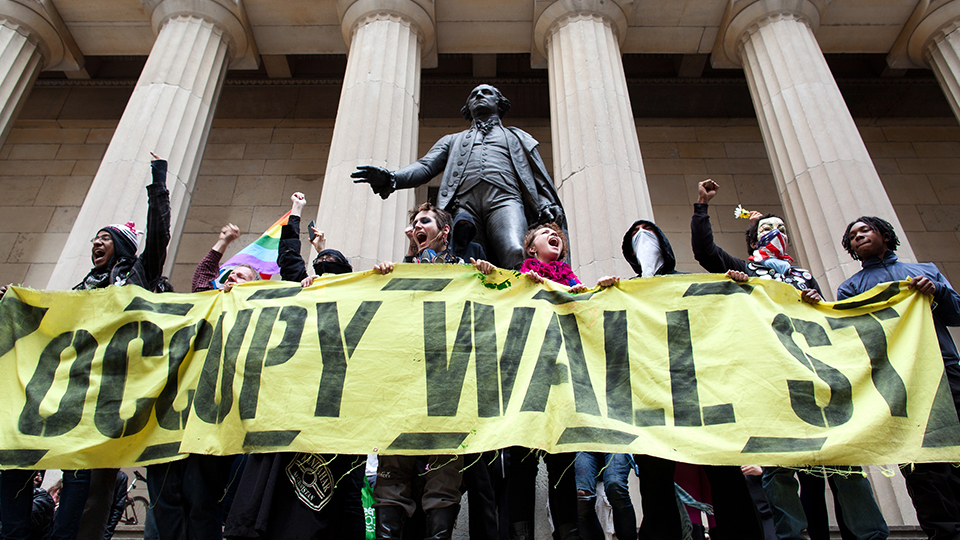Gained much insight early in the year from reading Walter Scheidel’s The Great Leveler: Violence and the History of Inequality from the Stone Age to the Twenty-First Century, which analyzes how wealth inequality can be interrupted and reversed, his analysis stretching back far earlier than the Gini coefficient to the time of the development of rudimentary tools like spears.
How do we make the world more equal? To put it simply, through great pain, unless you’re into mass mobilization warfare, plague, bloody revolution or societal collapse. (I think Steve Bannon is deeply in love with at least two or three of these options, though not to make the economy more equal.) Of course, leveling doesn’t necessarily mean the raising of all boats but sometimes the sinking of every last ship. Scheidel asserts that wealth inequality has been the logical outcome of stable societies, with leveling occurring for relatively brief spells by virtue of the sweep of history or the spread of Influenza.
The book isn’t entirely resigned, believing that perhaps past won’t be prologue, holding out hope that human progress can find new means of mitigation. Of course, sitting here at this moment in time, that doesn’t look like the plausible near-term scenario.
Scheidel has just published a smart essay for Aeon wondering anew if we can arrive at a more-equal playing field with trampling all the players. He isn’t sanguine about our chances, thinking genetic engineering may further complicate matters. An excerpt:
History offers very little comfort to those in search of peaceful levelling. To be sure, it is perfectly possible to reduce inequality at the margins: if Latin American countries have done it, the US, UK or Australia certainly ought to be able to accomplish the same, using an array of policy measures, from fiscal interventions, basic incomes and the targeting of concealed offshore wealth, to carefully focused investment in education and campaign finance reform. However, policymaking does not take place in a vacuum, and not everything that worked well for the postwar generation, say, could be easily implemented in today’s more globally integrated, competitive and deregulated environment. Throughout history, truly substantial compressions of inequality invariably had much darker origins, and no similarly powerful alternative mechanisms have since emerged.
It is always tempting to assume that the lessons of history are no longer relevant because the world has changed so much – as indeed it has. But we must bear in mind that the exact same claim could have been made back in the 1950s, ’60s and ’70s, when inequality declined even as economies boomed and the middle classes thrived. There was no obvious reason why this should ever change: and yet change it did. It is just as likely as not that we are currently riding another upward wave in the concentration of income and wealth, continuing a pattern that stretches back thousands of years. In the not-too-distant future, robotics, genetic engineering and biomechatronic enhancements of the human body could well create inequalities we can barely even imagine. And if they do, will it all end in yet another unforeseen, sudden and dramatic violent turn?•
Tags: Walter Scheidel

